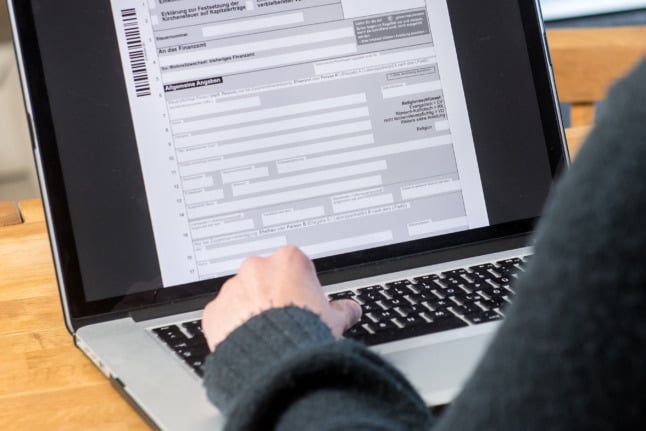When von der Leyen opened up “MSC Innovation Night” at the Komödie im Bayerischen Hof private theatre in Munich on Thursday evening, she described the scenario of a fighter jet – which is run mainly by computers – potentially crashing due to enemies succeeding in hacking it.
German soldiers should not just be physically and mentally fit, but also fit in the sense that they’re able to fight potential threats from cyberspace, according to the Defence Minister.
“The German army must become an entrepreneur for innovation. It must create room for creativity and experimentation. We need the courage to try and make mistakes,” she said.
The military in the minds of Germans have so far not stood for this, but rather for strict hierarchies, insufficient equipment, and often outdated IT, von der Leyen added, stressing the need for startup founders to join the Bundeswehr. She told her audience that she had been aggressively pursuing such new hires in recent months.
The ministry’s first startup founder was recruited last March, according to Handesblatt. Marcel Otto Yon now holds the title of “Head of the Cyber Innovation Hub of the German Ministry of Defence.”
Yon was an investment banker and founded several IT companies in 1999, which he sold on the stock exchange. His main task now is to find startups whose technology could be useful to the Bundeswehr and to convince them of the benefits of working with the army.
After kicking off on Friday, more than 500 politicians and experts will be discussing the world's crises at the MSC – including some 20 heads of state and government – until Sunday.
SEE ALSO: Germany building new army of 13,500 'cyber soldiers'





 Please whitelist us to continue reading.
Please whitelist us to continue reading.